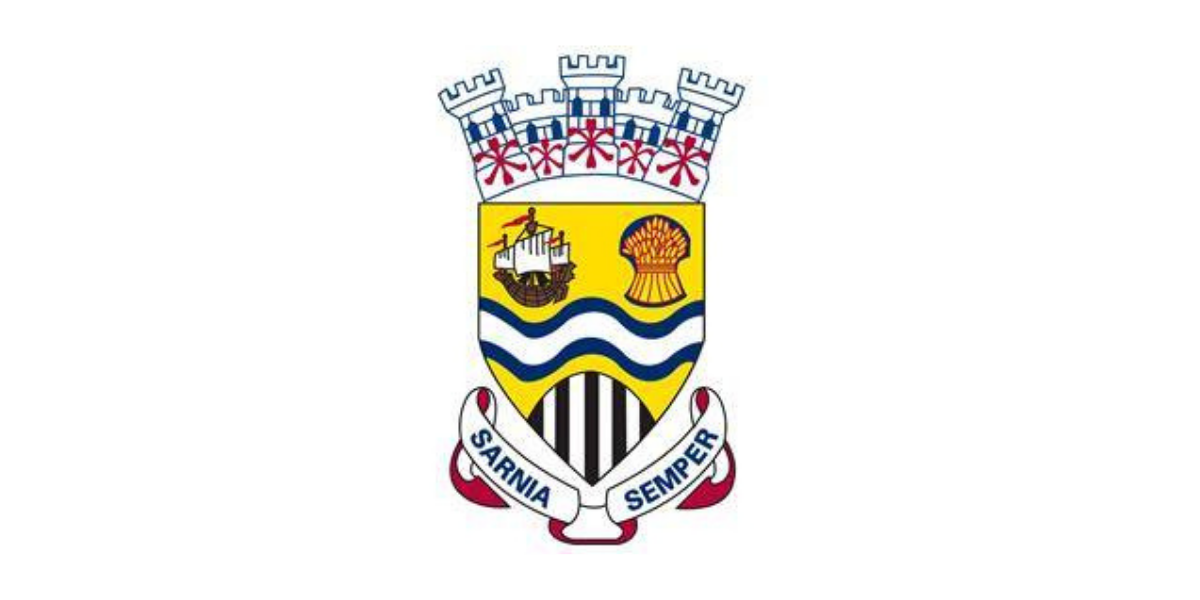Sarnia COVID-19 Update for April 1, 2021
Sarnia, Ontario — The City of Sarnia recently made some adjustments to the province-wide public health and workplace safety measures in the Grey-Lockdown level, and a couple more will go into effect on April 12th.
The changes allowed for outdoor fitness classes and team sports training, limited outdoor dining, and modified outdoor capacity limits for weddings, funerals, and religious services. On April 12th, personal care services will be permitted to operate at either 25% capacity or five patrons at a time if they can be physically distanced.
As of Wednesday at 9:30 AM, there were 179 active cases of COVID in Lambton County and the rate of positive tests was 3.3%. Dr. Ranade, Medical Officer of Health, stated that around 99 cases have screened positive for a Variant of Concern (VOC).
Registration for the COVID-19 vaccine is currently open for individuals 70-74, and pre-registration is now open for some Phase 2 groups including essential frontline workers who can’t work from home. Visit Ontario.ca/bookvaccine to sign up.
Reporting for WGRT – Jessie Wiegand







